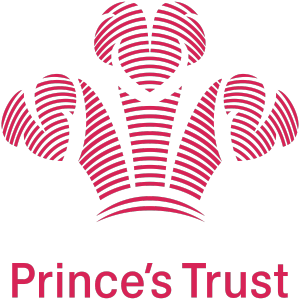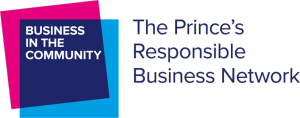
Covid19, young people and pressing the reset button
In the last week, the news has focussed on the impact of Covid19 on the labour market and the potential fallout for young people. Whilst some scramble to make life and work the same as before, our founder takes some time out to reflect, have conversations with senior leaders and asks, is it time for society and business to press the reset button?
The BBC reported on the Resolution Foundation’s study which suggested one million young people under the age of 25 will face unemployment.
At a time where businesses need resilient, adaptable and technology savvy employees, then young people should be seen as a source for good instead of being ignored.
At Access Generation, we were already operating remotely and as we went into lockdown we were in a position to find out the views of young people by speaking to our peer panel.
Our founder, Chris Tarry, who set-up the social enterprise as a legacy project to be run by young people, has been self-isolating since the end of February and has had time to reflect and have conversations with business leaders on what opportunities the pandemic might offer society and business alike.
Words from Chris Tarry
“In this current situation, employers and businesses initially focussed on their immediate concerns with regard to safety, their ability to keep delivering to customers, problems with supply chains and bridging a financial gap in the absence of income.
Understandably it’s very difficult to find the headspace to be strategic in these times and it’s also not a good time to try and predict the impact on both society and business.
The time will come when leaders will need to think of and imagine the future.
So based on a few conversations I have had with senior leaders in the third sector, public sector and private sector, it has been interesting to hear their initial thoughts as follows:
- Future change has been accelerated – our working habits, travel habits, consumer habits and use of technology has had to be brought forward and at speed
- Societal change – everyone has supported the wider community by adhering to the lockdown and by being supportive of our essential workers. This has shown that society does exist and makes one wonder what might be possible if the communities can come together to tackle other big problems, for example, climate change
- People’s values on a very personal level may have changed. People becoming aware of their own mortality and the things they value. This also translates to consider what no longer has any value to them. This may well translate to a different attitude towards their consumption of material goods and aspirations.
I believe although the next few years will be very challenging from an economic point of view and that it would be wrong to focus purely on the negatives.
I believe our leaders should have the vision to consider pressing the reset button.
This would include looking at sustainable green industries, accelerating the application of automation, maximising the potential for new technology and focussing on the wellbeing and health of individuals (both employees and customers as a key measure of success).
Given our purpose is to empower employers to attract the next generation we are concerned about young people taking the brunt of the impact. Young people have an important part to play in our economic recovery as they are naturally more digitally savvy, adaptable and open to new ways of working.”















